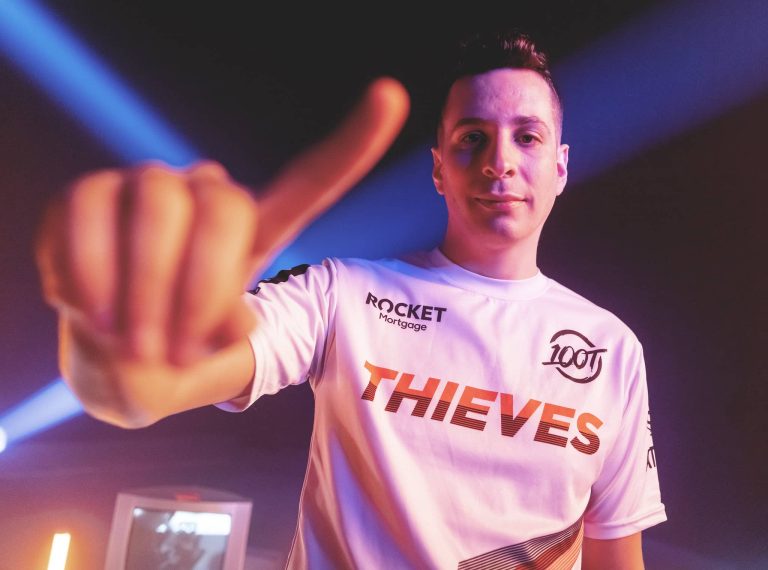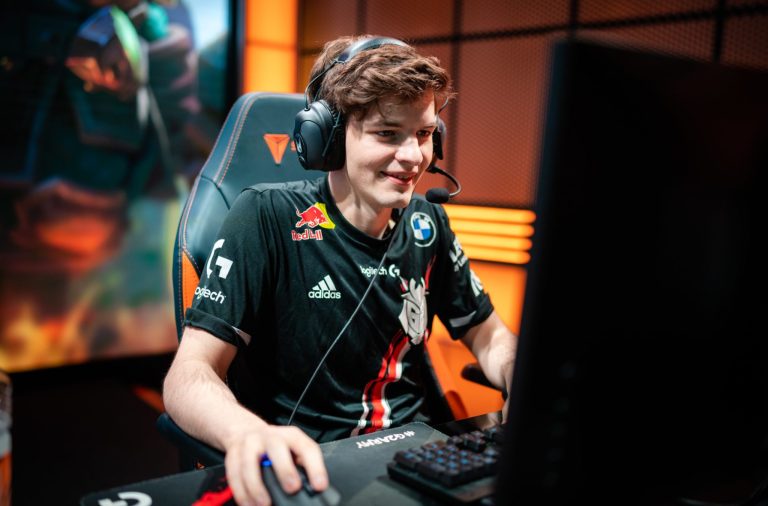Update: According to a Capcom spokesman, the firm is “currently looking into the alleged PC performance difficulties.”
The original story: Over the weekend, an intriguing allegation surfaced: a cracked version of Resident Evil Village not only avoids Capcom’s DRM but also performs better than the Steam version. Digital Foundry’s tech reporters put that claim to the test, comparing Resident Evil Village’s regular and cracked versions, and guess what? It’s true: the pirated version doesn’t stutter like the retail version, according to Digital Foundry.
As DF’s Rich Leadbetter shows in the video posted above, the two executables function nearly similarly. To be clear, the cracked version does not enhance the total frame rate. However, at times, the time it takes to produce a frame abruptly increases in the retail edition, resulting in a perceptible stop or stutter. According to Digital Foundry, this stuttering does not occur in the pirated version, implying that DRM procedures are occasionally interfering with Resident Evil Village’s ability to generate new frames.
In battle, the discrepancy is most noticeable: In the video, DF displays the screen briefly stopping when an opponent is hit. According to the website, the identical problem does not exist in the console versions.
The allegation that PC DRM solutions degrade game performance is frequent, but it’s difficult to verify since we don’t have any opportunity to test game executables that are identical save for one having DRM and the other without. We don’t know all of the factors in this case: DRM may not be the only difference between retail and cracked Village versions. However, as Leadbetter points out since DRM is not to blame for the stuttering, the only logical conclusion is that the cracked version both overcomes DRM and resolves a performance issue unrelated to DRM. That is conceivable, but I believe we can safely exclude ‘oops, inadvertently repaired the stuttering’ as an explanation here.
Technology to detect tampering Denuvo, which claims to have “zero impact on the game experience,” is frequently accused of DRM performance hit. In a 2016 test, we discovered that Denuvo DRM had no effect on Final Fantasy 15 performance, although others have seen apparent Denuvo-related performance impacts in other titles, such as Devil May Cry 5. This example does not answer the Denuvo question since, while the cracker claims that Denuvo is utilized in Resident Evil Village, Capcom’s own DRM technology appears to be at work as well, and might be the primary source of the stuttering.
I’ve reached out to Capcom and Denuvo’s parent firm, Irdeto, for comment, but have yet to hear back.
Perhaps some positive news is that elements of Resident Evil Village’s DRM will be eliminated in the future. Capcom hasn’t said anything, but it’s something the business does: Denuvo was patched out of Devil May Cry 5 roughly a year after it was released, and it was removed from Resident Evil 7 two years later.









